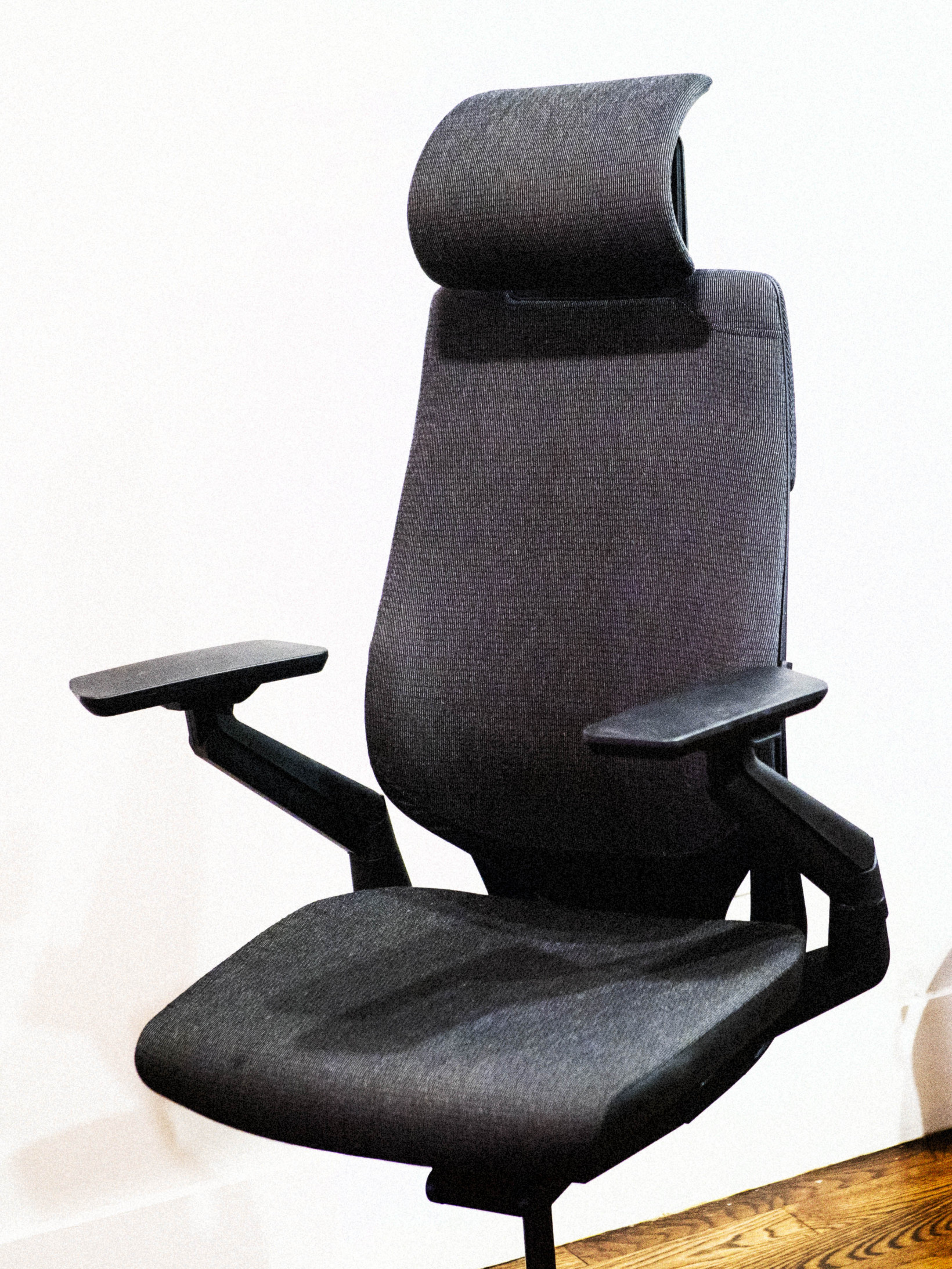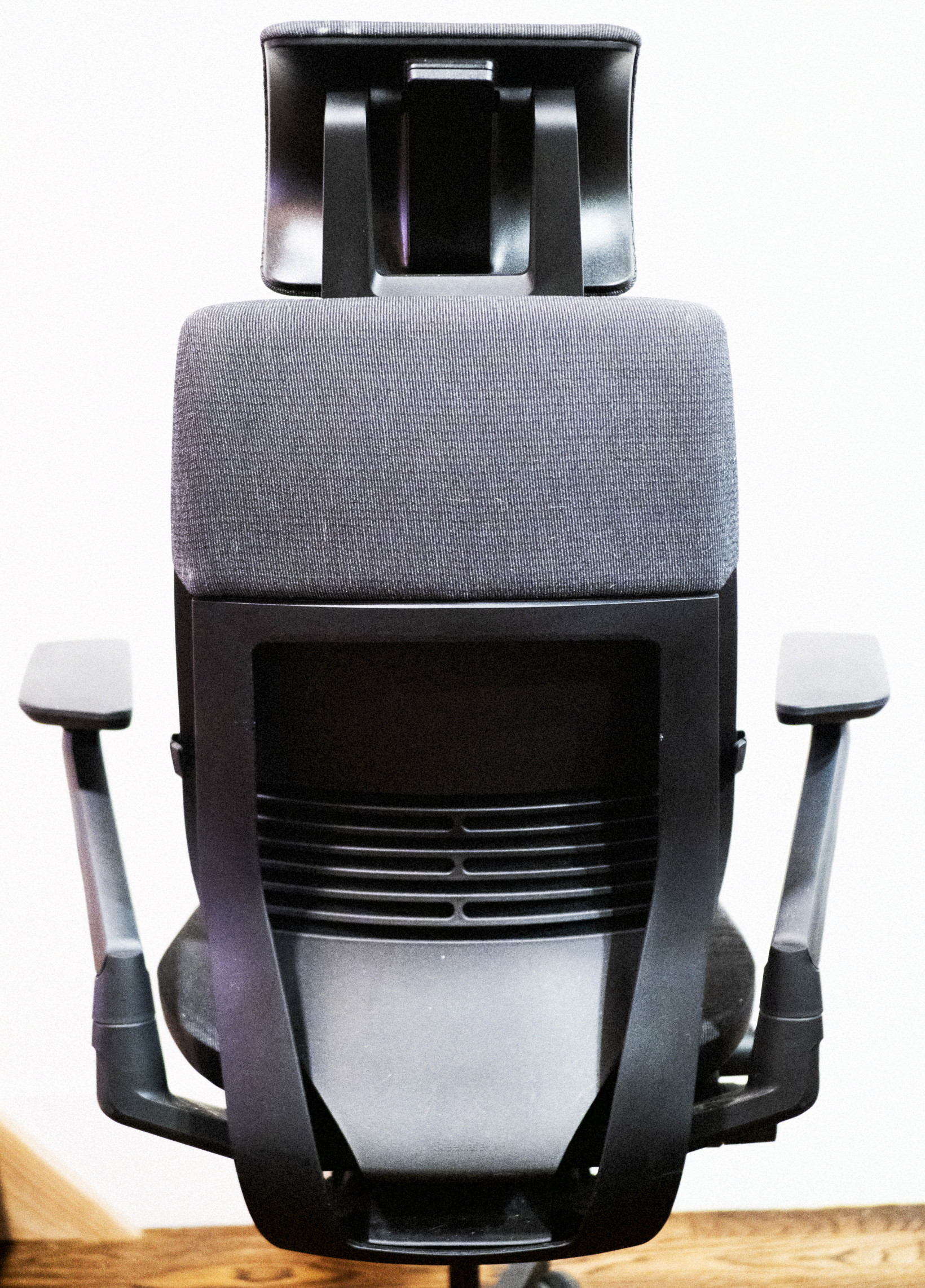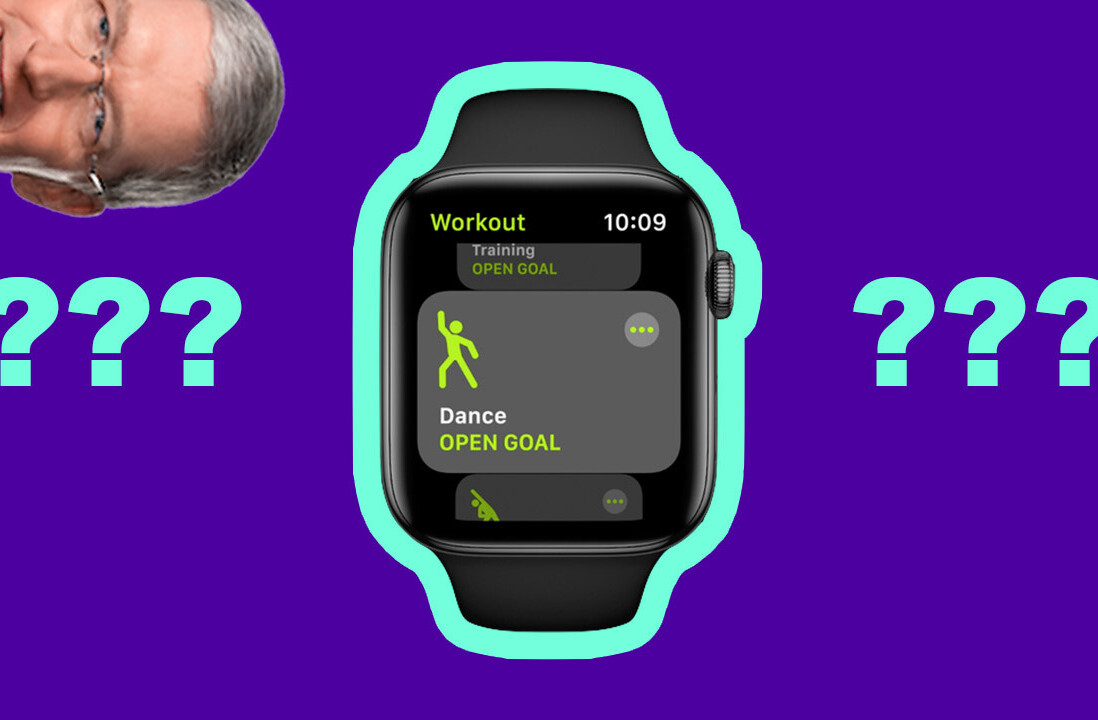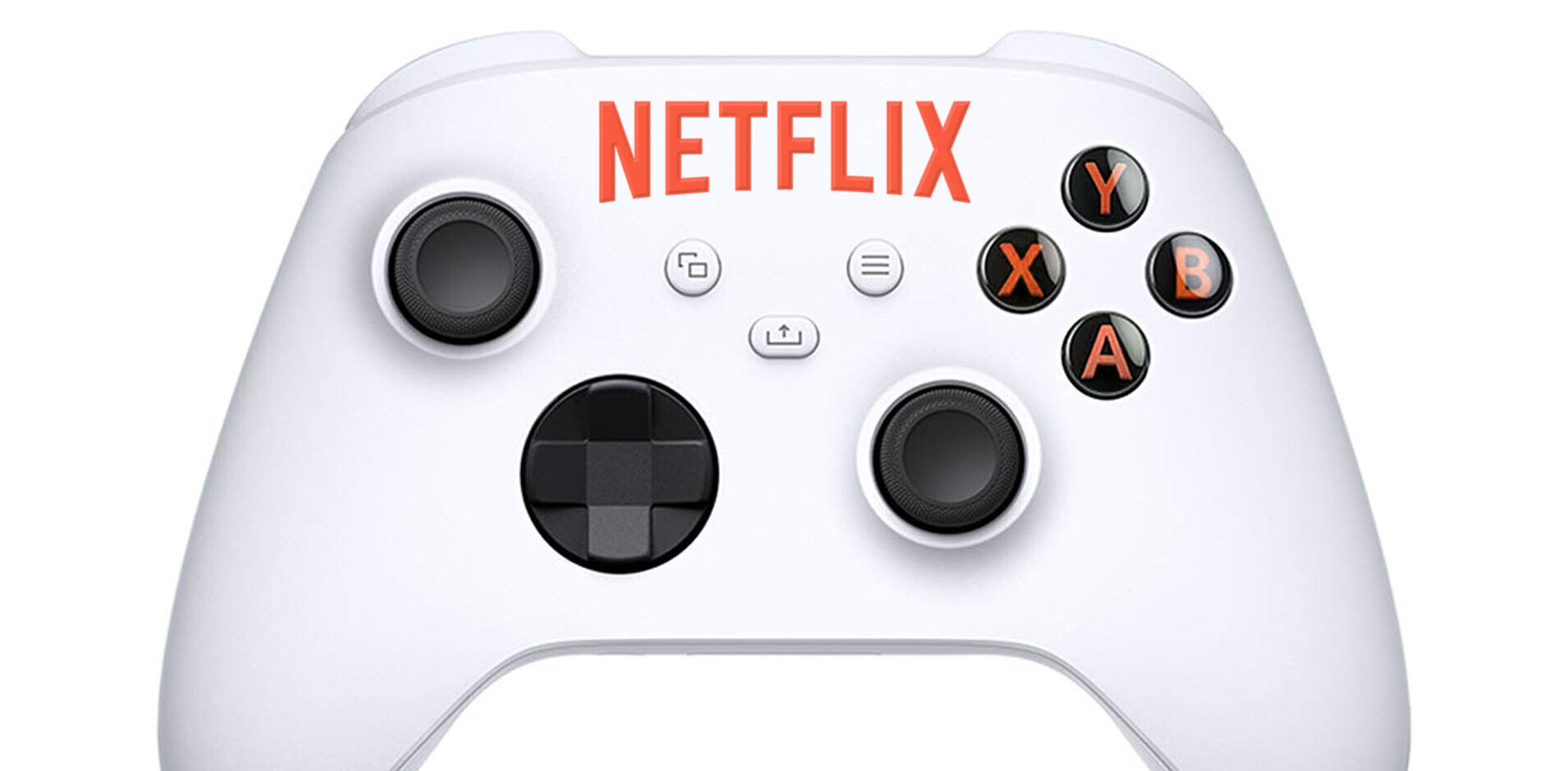![[Best of 2019] Steelcase Gesture Review: How to spend $1,000 on a chair and not regret it](https://img-cdn.tnwcdn.com/image?fit=1280%2C720&url=https%3A%2F%2Fcdn0.tnwcdn.com%2Fwp-content%2Fblogs.dir%2F1%2Ffiles%2F2019%2F10%2F70-1.png&signature=7dddbcaf334bde3aa388e313d36871ce)
A chair is just a chair, right?
That’s what I’ve always thought. As someone who gets to work from home, I will write from just about anywhere. From my bed, from my couch, from my kitchen counter, from my sit-stand desk. I’ve been using an Autonomous SmartDesk 2 for years, mostly from a standing position, as I never thought I could sit in a chair all day and still be comfortable. I’d tried a few high-end chairs before, but none that was really revelatory.
And then I got to spend a few weeks with the Steelcase Gesture. For the first time, I really understood why someone would spend cash in the realm of a grand for a fancy chair. This thing is incredibly comfortable, but moreover, it’s comfortable pretty much any way you want to use it.
Steelcase says it designed using new research into the way we sit, in a study that spanned six continents and over 2,000 people. Technology has changed the way we work. Sometimes we’re sitting relaxed watching cat videos, others we’re leaning in during a burst of productivity. Sometimes we lean back lost in thought, others we’re holding a tablet instead of writing at a desk. Combine that with a wide breadth of body types, and designing the perfect chair for every person, at all times, is pretty much impossible.

Still, the Gesture tries to accommodate all of these scenarios. It supports weights up to 400 lb, its flexible back conforms to your posture, and it comes with a multitude of adjustments to dial in just the right fit.
One nice surprise is that the chair comes fully assembled. Granted, the box is huge and could be difficult to maneuver through a narrow hallway at 70lb, but that’s a small price to pay for a chair that you know is expertly assembled right out of the box. You don’t want an armrest falling off because you didn’t tighten a screw enough, something which has definitely never happened to me.
That weight does lend an immediate sense of quality to the chair; it feels like it can take a beating and then some. It’s an attractive chair too; I tested a basic black version, but you can customize it in just about any color you want.
Having heard so much about the Gesture’s comfort, I think I was conditioned to expect my first sit to feel something like floating a cloud. That description is inaccurate. This isn’t a big leather armchair.
A more accurate description would be inserting yourself into a partial exoskeleton, an Iron Man suit for you back and butt. The Gesture isn’t just comfortable to lounge in – it actively supports your body in a variety of positions.
The adjustments you can make are numerous. You can, of course, adjust the seat height, but you can also adjust the depth of the seat, the height of the lumbar support, the amount of back tilt, the resistance to tilting, as well as the height, width, depth, and angle of the armrests. Moreover, these adjustments are intuitive and easy to make on the fly.
I never realized how much having good armrests could affect my comfort, but it ended up being one of my favorite things about the Gesture. It helps position my arms correctly for typing and gives me extra support when I’m leaning in, testing numerous gadgets, or simply holding a book in my hands. No, it’s not that I need help holding up a book – although for some people this could be a real accessibility boon – but all these extra bits of support add up over the course of eight or nine hours.
Similarly, the flexible back of the chair seems to almost hug you as you’re working. I tend to sit very upright most of the time – at nearly a 90-degree angle – occasionally leaning back when thinking or distracted. The Gesture constantly supported both my lower and upper back, flexible enough to conform to subtle movements. My only qualm is that I wish the lumbar support height adjustments were a little more pronounced.
While the Gesture feels comfortable from the get-go, I felt I only appreciated its benefits over the long term.
I started to notice how much easier it was to concentrate. I wasn’t making all the little comfort adjustments I tended to during the day. Trying to find a comfortable way to work is distracting, and studies show that – depending on the degree of distraction – it can take the average person 23 minutes to get back into the flow of a task.

Even if we consider readjusting for comfort to be a small inconvenience, those minutes will quickly add up. Though it’s always a good idea to get up and move around – and I would still alternate between sitting and standing – I can honestly say the Gesture is the only chair I’ve ever felt I could sit in all day. Heck, sometimes I even rolled it out of my office and into the living room (those casters are very smooth, by the way) just because it was more comfortable than my couch.
The Steelcase Gesture starts at about $1,000 on the company’s website and goes up to about $1,800 if you want leather upholstery and maxed-out features. Yes, a grand is still a lot of money to spend on a chair. There are imitators and more affordable options for far less – good ones too. I got along well with Laura Davidson’s $290 Bowery Chair, a Herman-Miller Sayl lookalike. And despite how comfortable I found the Gesture, it might not be for you.
But with the Gesture you’re also making a long term investment into a reputable company. There’s a reason Steelcase offers one of the best warranties around, at 12 years for the most important components. The frame itself is covered for life. It’s a chair that feels like it could last for years (so buying used is probably a good idea too).
It was hard to send the Gesture back, and not just because it weighs 70 lbs. I plan to eventually buy one for myself – spending $1,000 on a chair doesn’t seem all that ridiculous anymore.
Get the TNW newsletter
Get the most important tech news in your inbox each week.




